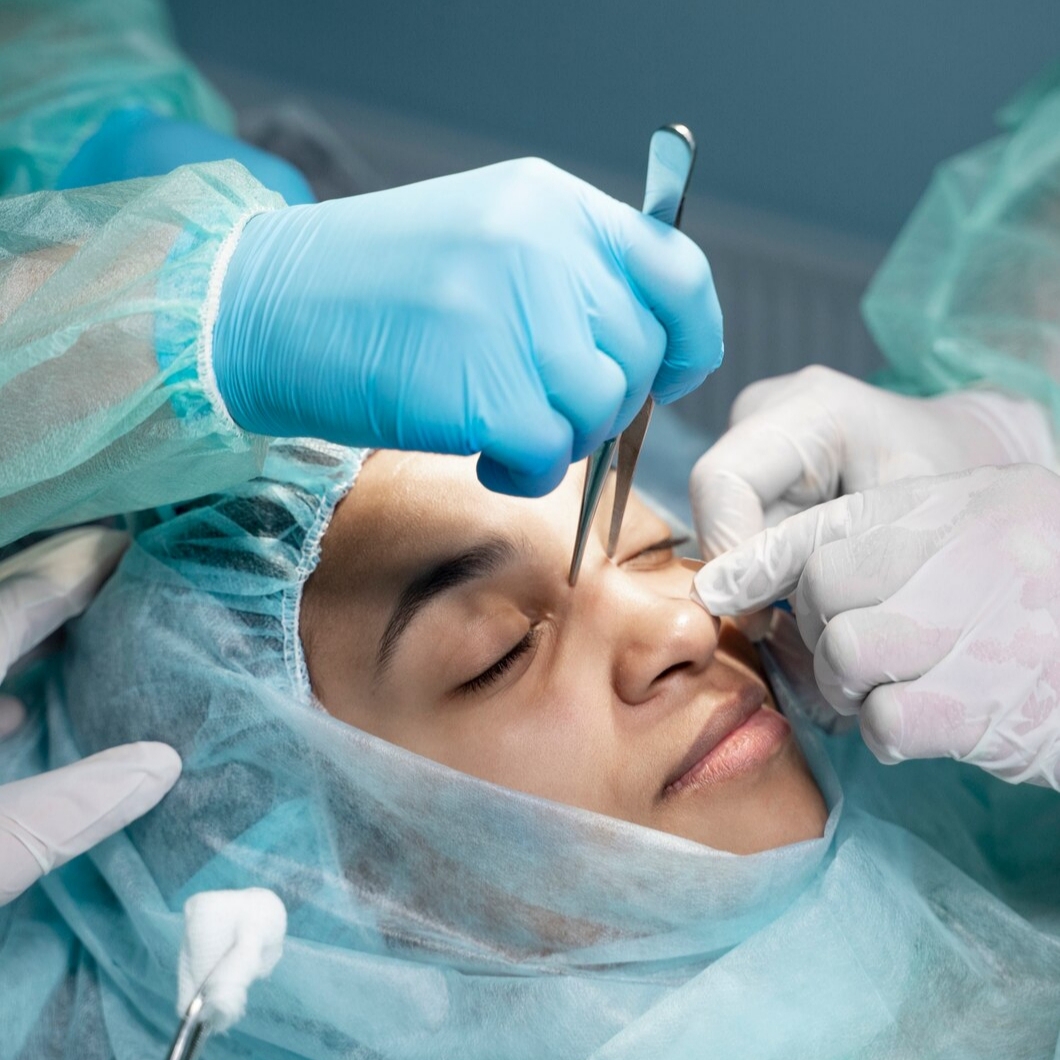Cosmetic surgery can enhance appearance and boost confidence, but for some, it can lead to addiction. As awareness of cosmetic procedures increases, understanding the potential for obsession becomes crucial. Here are 15 key insights for South African women regarding cosmetic surgery addiction:
- Understanding Cosmetic Surgery Addiction: Cosmetic surgery addiction is characterized by a compulsive need for surgical procedures to improve appearance. It can stem from body dysmorphic disorder (BDD) or a desire for perfection.
- Signs of Addiction: Common signs include multiple surgeries in a short time, dissatisfaction with results, neglecting responsibilities, and emotional distress related to appearance.
- Psychological Factors: Many individuals seeking cosmetic surgery have underlying psychological issues, such as low self-esteem, anxiety, or depression. Addressing these issues is vital before considering surgery.
- Impact of Social Media: The rise of social media has increased pressure on women to look a certain way. Filters and edited photos can distort reality, contributing to feelings of inadequacy and the desire for surgical enhancements.
- Risks and Complications: Every surgical procedure carries risks, including infection, scarring, and complications from anesthesia. Understanding these risks is essential before undergoing any procedure.
- Financial Implications: Cosmetic surgeries can be expensive, and addiction may lead to financial strain. Many women may find themselves in debt due to continuous procedures and consultations.
- Support Systems: Having a strong support system is crucial for individuals considering cosmetic surgery. Friends and family can provide perspective and help identify unhealthy patterns or motivations.
- Informed Decision-Making: Women should thoroughly research procedures, consult with qualified professionals, and consider the long-term effects before making decisions about cosmetic surgery.
- Therapy and Counseling: Therapy can be beneficial for those struggling with body image issues or addiction. Speaking with a mental health professional can help individuals address underlying problems and make healthier choices.
- Setting Realistic Goals: Understanding personal motivations and setting realistic goals is important. Women should aim for enhancements that align with their self-image rather than societal pressures.
- Healthy Body Image: Cultivating a positive body image and self-acceptance can reduce the desire for surgery. Engaging in activities that promote self-esteem, such as exercise and hobbies, can be beneficial.
- Potential for Regret: Many women experience regret after multiple procedures. Understanding that beauty ideals are subjective can help prevent the pursuit of unrealistic standards.
- Alternatives to Surgery: Non-invasive alternatives, such as fillers, skincare treatments, and lifestyle changes, can achieve desired results without the risks associated with surgery. Exploring these options can lead to healthier decisions.
- Cultural Perspectives: In South Africa, beauty standards vary significantly across cultures. Understanding and embracing cultural diversity can foster self-acceptance and diminish the need for surgical enhancements.
- Advocating for Awareness: Open discussions about cosmetic surgery and its potential pitfalls can help raise awareness and encourage women to think critically about their choices. Empowering each other to embrace natural beauty is vital in promoting a healthier outlook.
Cosmetic surgery can offer transformative results, but awareness of the potential for addiction is crucial. By understanding the risks and motivations behind cosmetic procedures, South African women can make informed decisions that prioritize their mental and emotional well-being.








